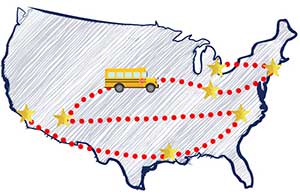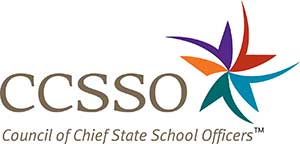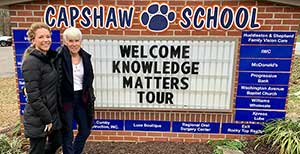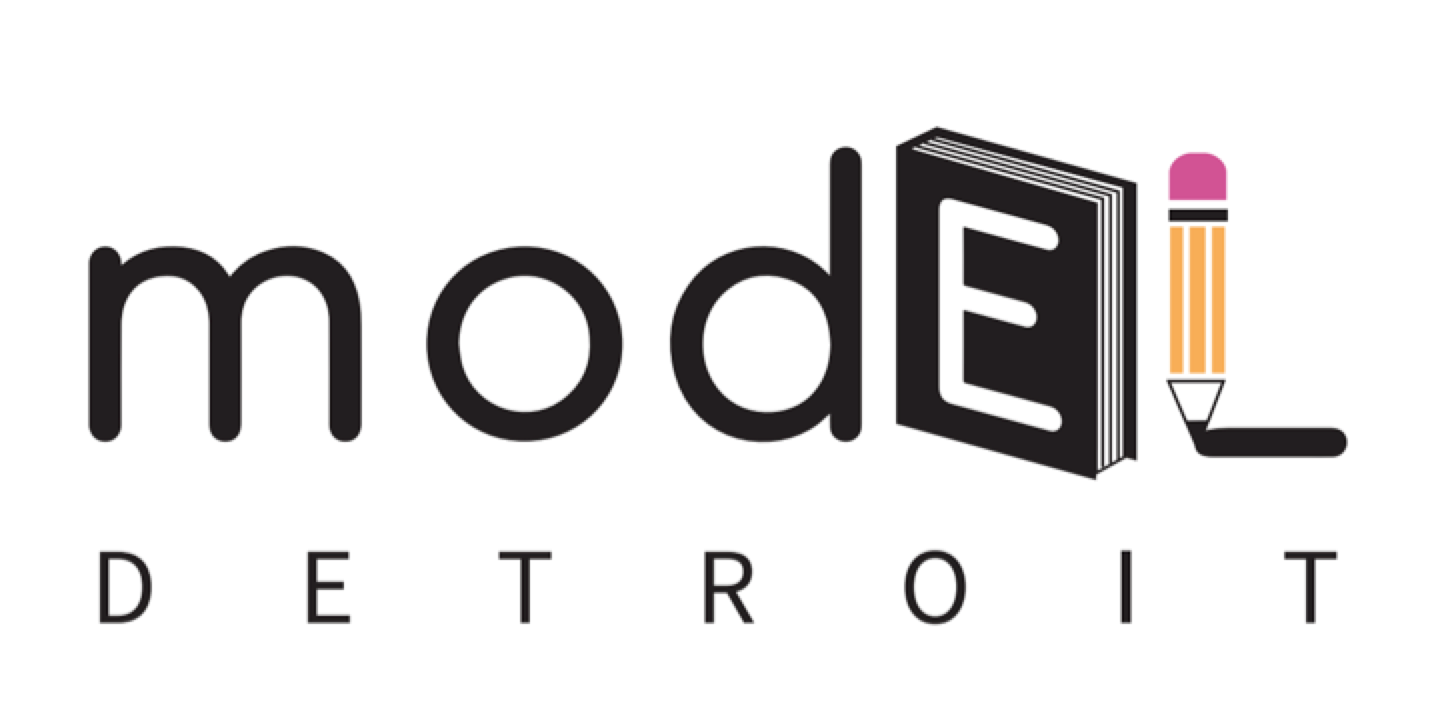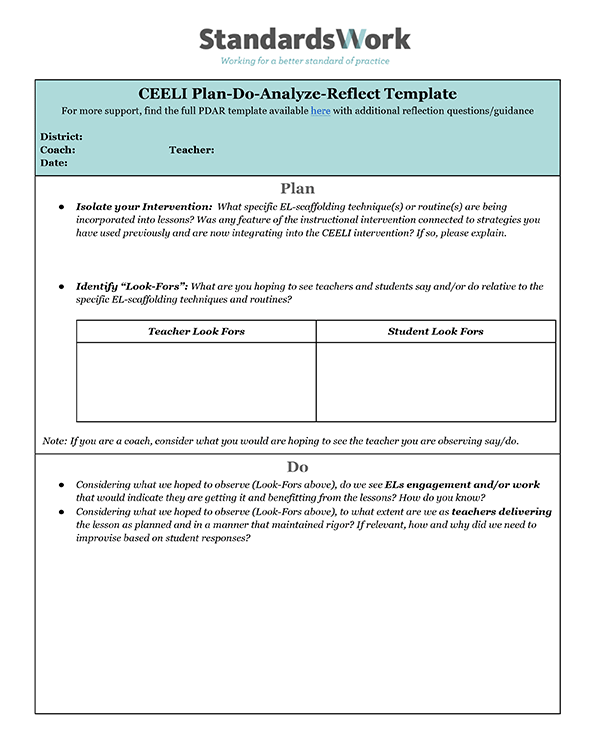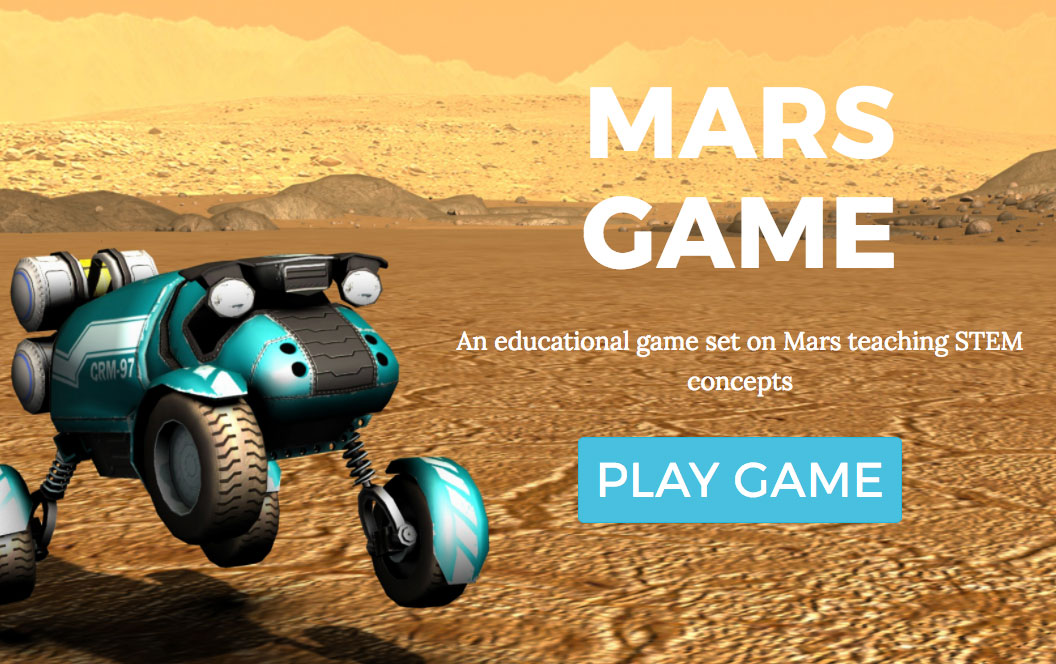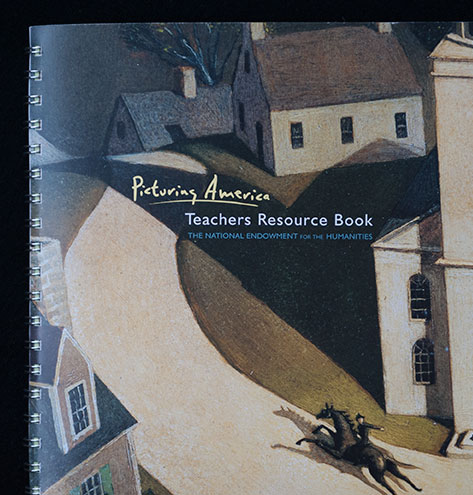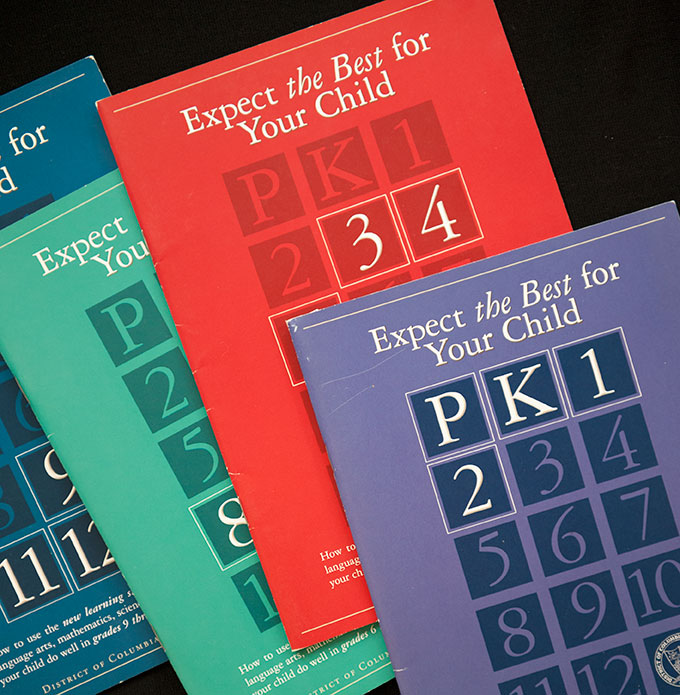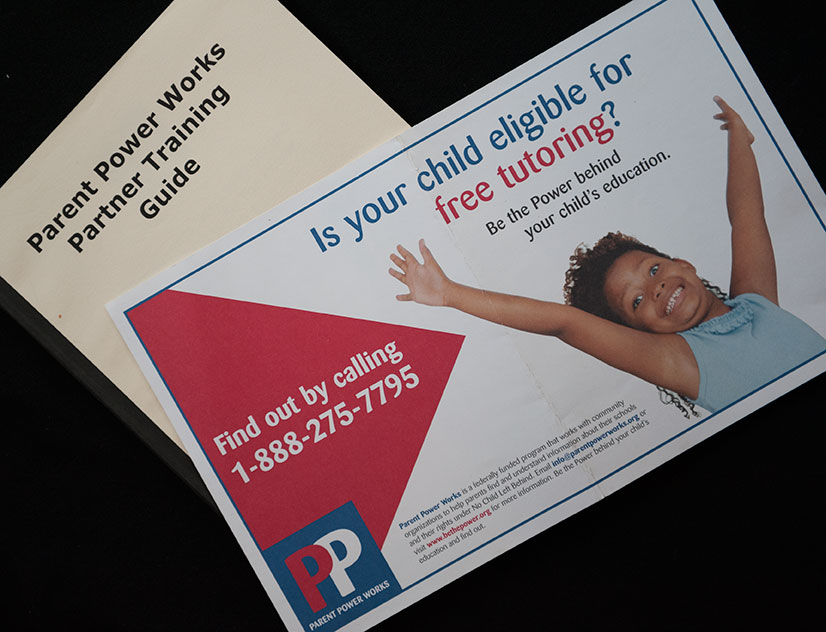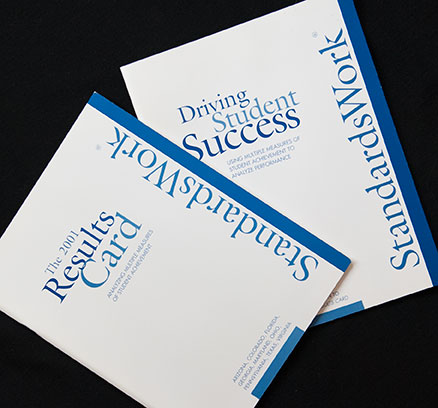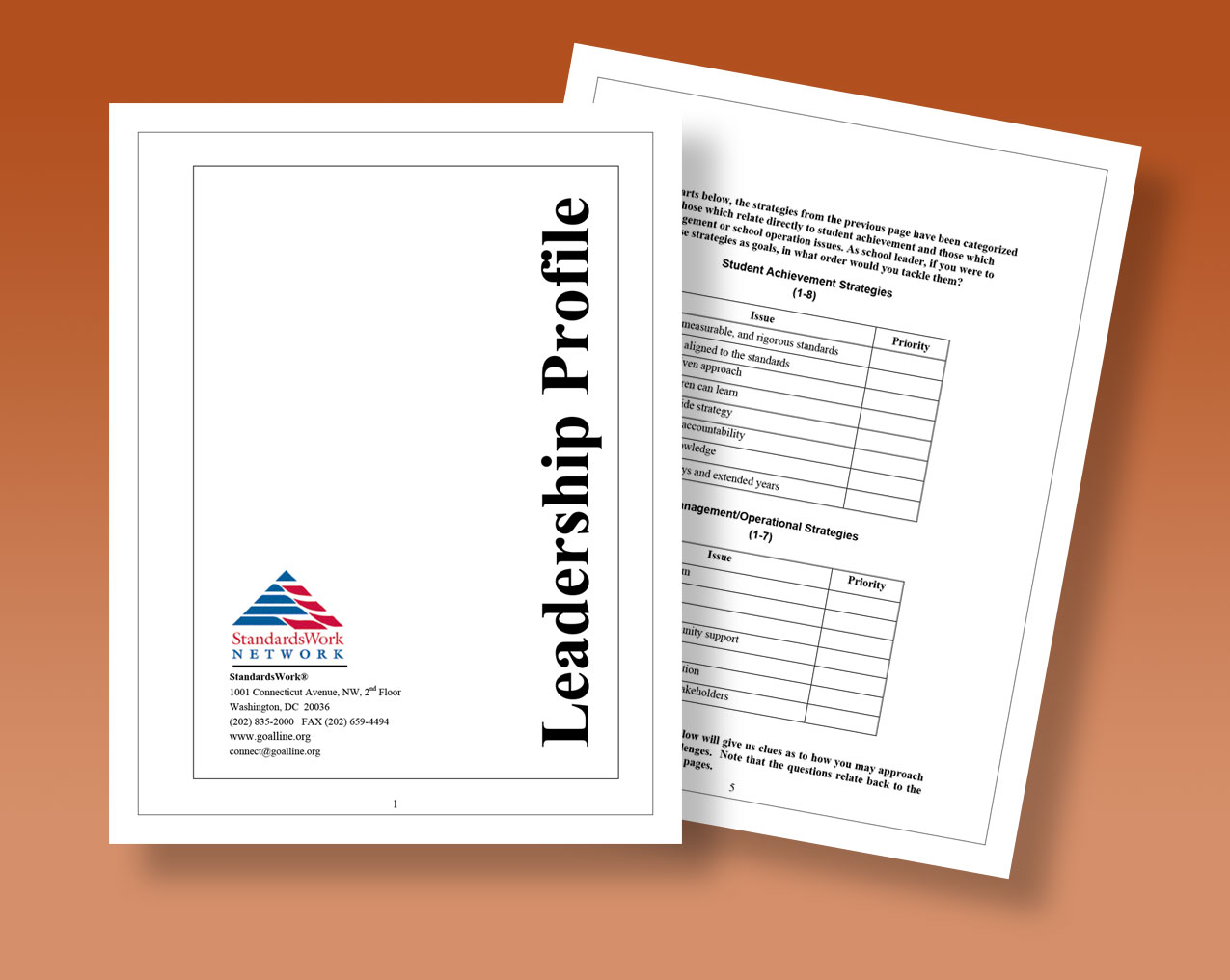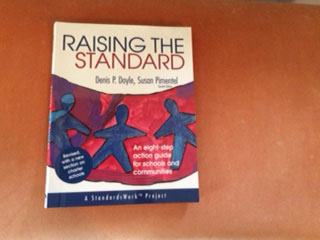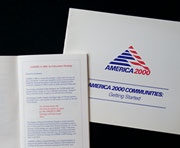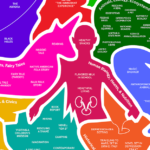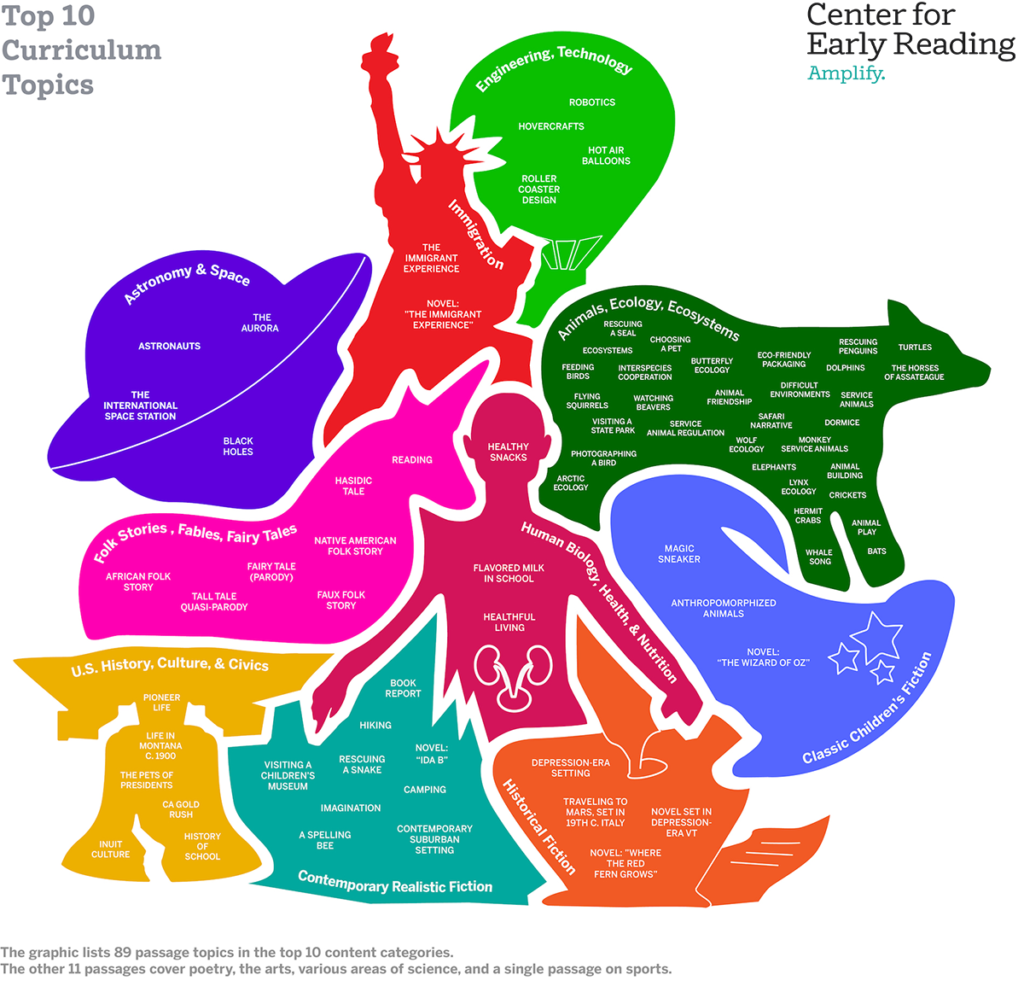A recent analysis by the Center for Early Reading at Amplify makes clear once again the importance of background knowledge to reading comprehension. As a potential collateral benefit that is all too rare in education, that same background knowledge may also hold the key to doing well on current high stakes English language arts (ELA) tests. What’s the connection between background knowledge and high stakes tests? The answer lies in a finding that the vast majority of topics addressed in reading passages on recent versions of the Grades 3-5 PARCC and SBAC ELA tests encompass fairly meaty topics in the sciences, history, culture, and the arts.
The graphic above depicts the 10 knowledge domains into which the Center’s analysis found that nearly 100 assessment passages on multiple versions of the two tests fell. Regardless of the particular grade level or test version in which any one topic was featured, one can imagine how flummoxed 3rd-5th grade students would be, and how hard they would find it to demonstrate their comprehension skills, if they had not benefited from a curriculum intentionally designed to build the broad background knowledge to which a passage on any given topic might connect.
A curriculum intentionally designed to build background knowledge introduces key concepts. A historical fiction passage about the Great Depression that includes words like “bank failure” or “stock market crash” will be much more intelligible, for example, if a third grader has been introduced to the concept of banking or stocks. Likewise, a description of a black hole in a reading passage may be challenging if never addressed in class, but still comprehensible if a fifth grader knows the meaning of “gravity” and “mass.”
If students haven’t been introduced to key concepts, is there a workaround to greater reading comprehension? Can we help weak readers by providing more general reading practice or teaching comprehension strategies? As Ruth Wattenberg makes clear in this analysis, there is no shortcut. She writes: “We know from decades of research that reading comprehension depends on both fluent skills (e.g., fast and accurate word recognition) and a very broad base of knowledge, including topical knowledge, academic vocabulary, and discourse elements of academic texts. We also know that as students age and gain basic skills, the lack of knowledge typically becomes the much greater obstacle to good reading.”
Teachers building background knowledge bring the world into their classrooms. Teachers who want their students to perform well on the PARCC and SBAC should avoid both over-teaching general reading comprehension strategies and teaching to specific topics they think students will encounter in the tests’ reading passages. Rather, instruction should cut a broad swath through non-fiction and fiction texts that build world knowledge. The resulting increase in students’ vocabulary, understanding of basic scientific concepts, and familiarity with history, culture, and societal customs and institutions will give them a leg up in reading even when the topic of a reading passage is not something they’ve explicitly studied.
Deeper student understanding is greater than the sum of its background knowledge parts. If you are an educator who – with good reason! – likes to hear about other educators’ experiences before you embrace an idea, check out this video. The school leader featured in the video became a proponent of building background knowledge as a result of her students’ experiences on the school’s benchmark reading tests under different instructional approaches. Under the status quo, students practiced how to read an informational flyer. And another flyer. And another flyer. All this in the hopes that they would do well on the benchmark’s questions about the content of an informational flyer. Then the school leader changed the approach: Rather than multiple practice sessions on how to read an informational flyer using examples on randomly selected topics, students were exposed to instructional materials deliberately chosen for their informational content and sequencing rather than their format. The result? The students’ background knowledge helped them comprehend a flyer on the assessment despite their lack of familiarity with the format.
The seemingly intractable problem of poor reading comprehension cannot be solved with workarounds. Steady acquisition of background knowledge is the key to better reading comprehension and well worth the necessary instructional adjustments and investments that will need to be made to adopt such an approach.



